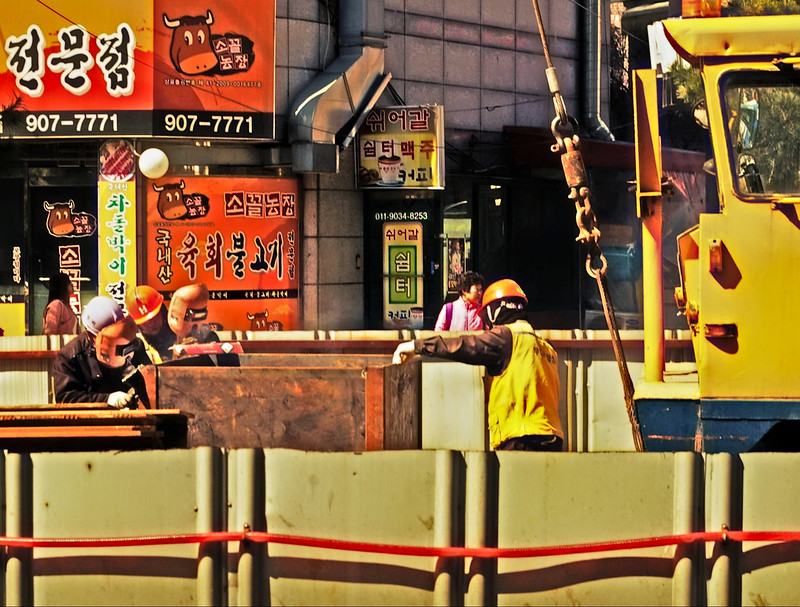Thailand’s 'little ghosts' are back in South Korea
With pandemic restrictions lifted, undocumented Thai migrants are back in South Korea, the result of a tight labour market under a legal regime that limits immigration and favours illegality and abuses.
Seoul (AsiaNews) – In recent years, the COVID-19 pandemic and crackdown on illegal immigration had considerably reduced the number of undocumented Thais working in South Korea.
Known as “little ghosts”, these workers were drawn to South Korea by wages many times higher than in their home country to work in manufacturing, agriculture and services.
Despite ad campaigns, stories from Thai migrants repatriated for breaking immigration and labour laws, and police repression in both South Korea and Thailand, Thais are trying again their luck in the former after borders reopened, overstaying their tourist visit, exploited, underemployed, and abused.
Migrant women face the worse prospects. Unlike their male counterparts, employed in physically demanding occupations, women end up far too often in the sex trade.
According to local authorities, foreign immigrants in South Korea numbered around 2.14 million as of 31 January 2023, including some 195,000 Thais, less than half of them undocumented.
The East Asian country’s strict rules explain why many Thais risk detention, deportation and blacklisting instead of finding a regular job in accordance with agreements between the two countries.
To work legally in South Korea, immigrants must meet the requirements of the Employment Permit System (EPS), such as age (18-39 years) and language (Korean proficiency test).
Once applicants meet the requirements, they are added to the list of permitted overseas job-seekers for two years. If they do not get a job within that time, they are dropped from the list, and must repeat the procedure.
South Korean employers can access the list only if they can show that they were unable to find suitable South Korean workers for the job offered, as well as meet specific workplace and accommodation requirements for employees.
Even so, some businesses that regularly request Thai workers often do not comply with the law.
Some companies and agencies bypass the regulations and recruit online charging brokerage fees that range between 150,000 and 200,000 baht (US$ 4,400 and US$ 5,800)
For Thai migrants, this is a heavy load to bear, made worse by rising inflation (food and accommodation) that can take years to pay off.
What is worse, such workers can find themselves at the mercy of unscrupulous employers, with the constant threat of being fired or reported to the authorities.
Photo: Flickr/Tigersight
12/02/2016 15:14
12/02/2004







.png)










